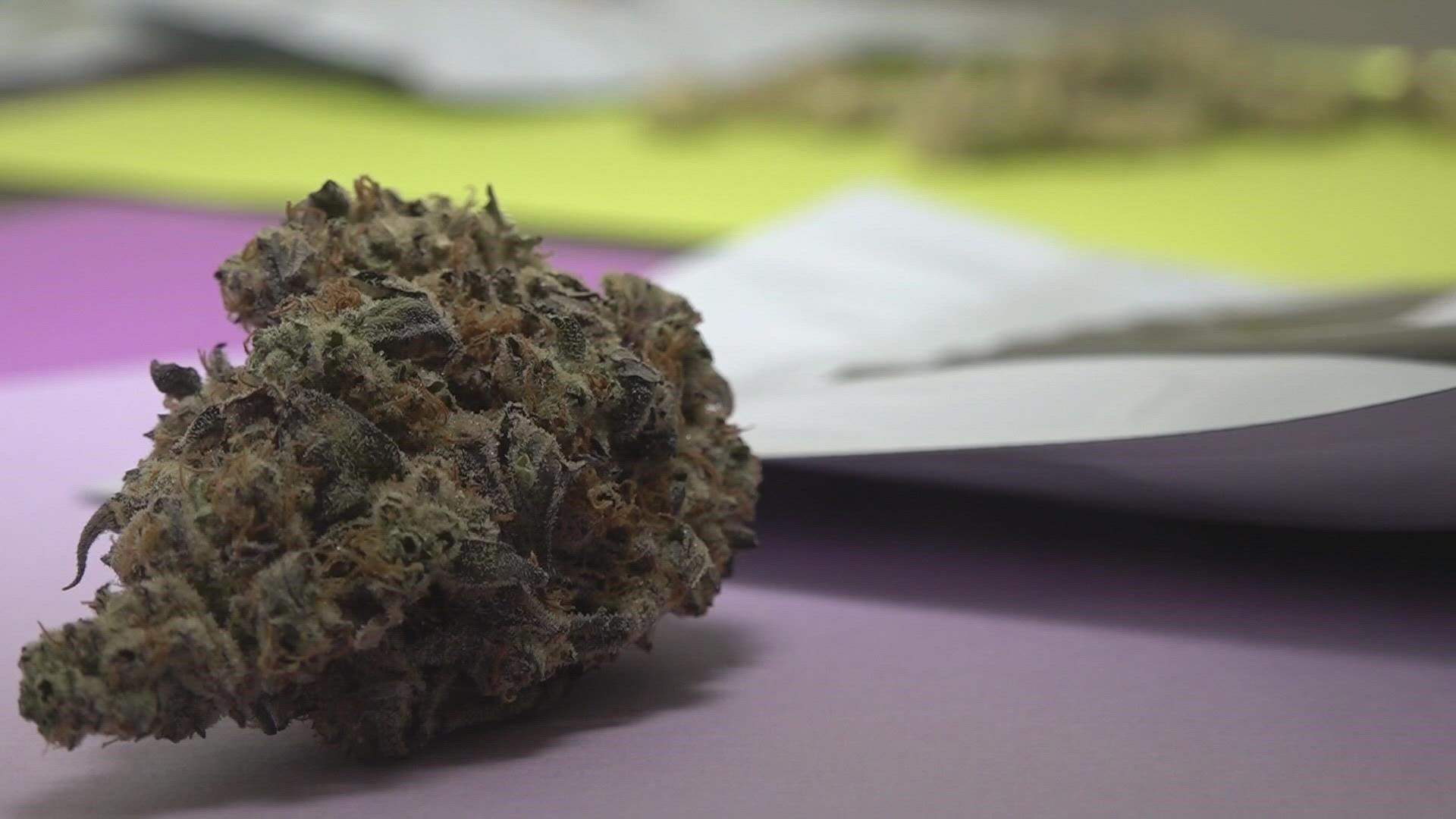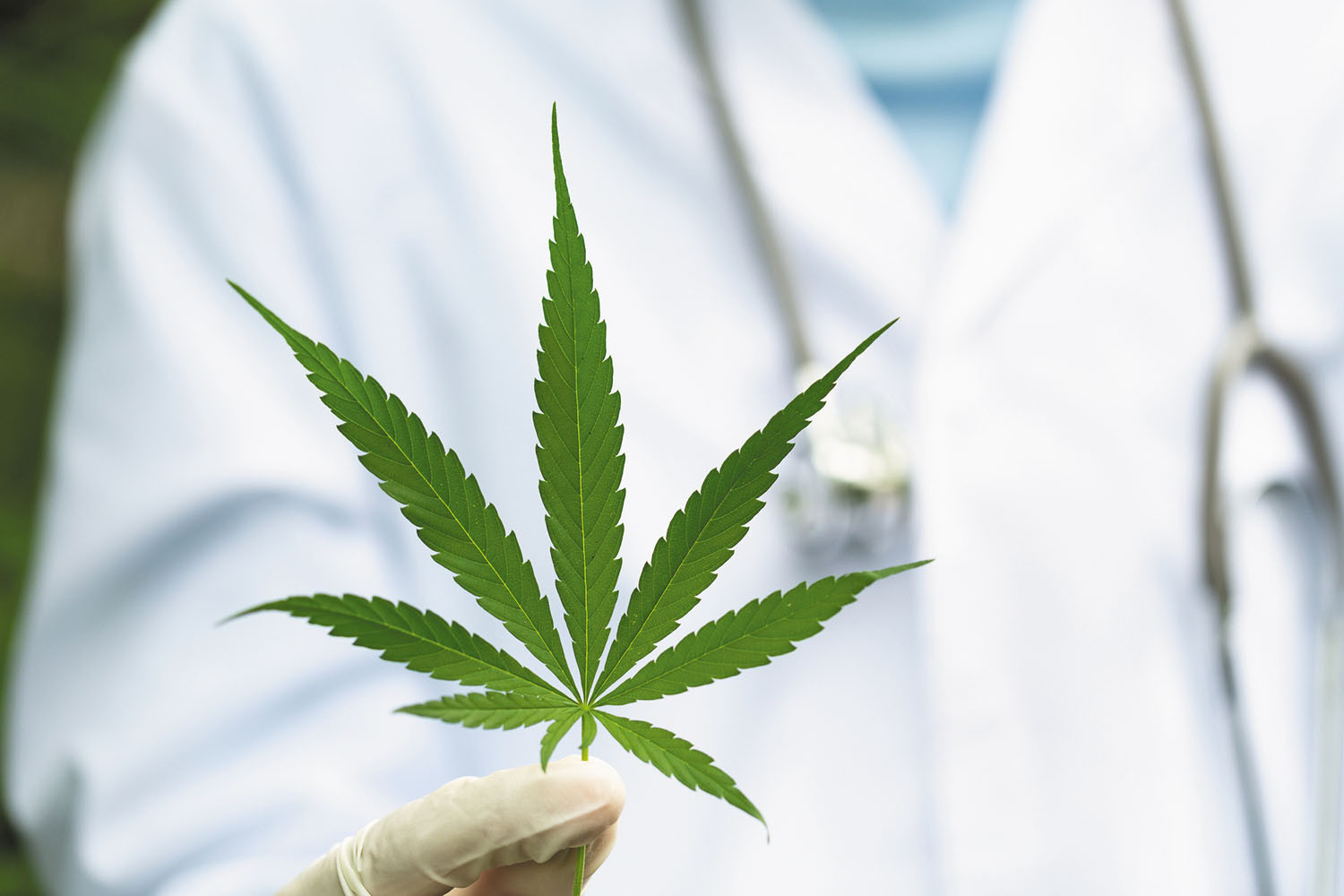Shedding Light on What Medical Cannabis Can Treat: an Extensive Evaluation of Its Therapeutic Residences
In current years, there has actually been an expanding interest in the restorative potential of medical cannabis. While anecdotal proof abounds, a complete examination of the scientific information regarding the efficiency of clinical cannabis in treating these problems is called for.
Chronic Discomfort Management
Chronic discomfort administration remains a crucial aspect of treatment, demanding a comprehensive approach for efficient treatment. In recent years, clinical marijuana has emerged as a prospective restorative choice for individuals experiencing from persistent discomfort conditions. The endocannabinoid system, which plays an essential role suffering inflection, has been targeted by cannabis-based treatments to improve and relieve symptoms high quality of life for individuals.

In addition, medical marijuana uses an encouraging alternative for people who experience unbearable negative effects from typical pain medications. Its capability to attend to discomfort via a different system makes it a valuable addition to the toolbox of treatments offered for chronic pain monitoring.
Epilepsy Treatment Prospective
Medical cannabis has revealed promising potential in the therapy of epilepsy, providing an unique restorative strategy for handling seizures in people. Epilepsy is a neurological condition defined by recurring seizures, influencing individuals of all ages. Traditional treatments for epilepsy include antiepileptic drugs, but these drugs may not be efficient for all people and can have considerable negative effects.
Study on the usage of medical cannabis for epilepsy has exposed encouraging results. Cannabidiol (CBD), a non-psychoactive compound discovered in cannabis, has been particularly highlighted for its anticonvulsant homes. Studies have shown that CBD can decrease the regularity and seriousness of seizures in patients with treatment-resistant types of epilepsy, such as Dravet disorder and Lennox-Gastaut syndrome.
Additionally, the FDA has authorized a CBD-based medicine, Epidiolex, for the treatment of seizures related to these severe types of epilepsy. This milestone emphasizes the expanding recognition of clinical cannabis as a useful restorative option for taking care of epilepsy and supplies expect people that have not responded well to traditional therapies.
Queasiness Alleviation Conveniences
The relief of nausea or vomiting via making use of marijuana has been significantly recognized for its therapeutic benefits in numerous clinical problems. Nausea or vomiting and throwing up are common symptoms experienced by patients going through radiation treatment, those with intestinal disorders, and individuals with chronic pain conditions. Clinical cannabis, with its energetic compounds such as THC and CBD, has shown promise in giving relief from nausea or vomiting.

Furthermore, medical cannabis provides an all-natural alternative for individuals that do not react well to traditional anti-nausea medications or who experience serious side impacts from these medicines. Clients going through radiation treatment, particularly, have reported significant enhancements in their lifestyle when using cannabis to manage nausea. As research in this field proceeds to expand, clinical marijuana is significantly being thought about as a beneficial choice for nausea alleviation in numerous medical settings.
Anxiety Decrease Effects
Studies have demonstrated the possibility of cannabis in lowering stress and anxiety signs with its interaction with the endocannabinoid system. The endocannabinoid system plays an essential role in regulating feelings, including stress and anxiety, by maintaining homeostasis in the body. Cannabinoids in marijuana, such as THC and CBD, connect with the endocannabinoid receptors in the mind, especially the CB1 and CB2 receptors, to modulate anxiety-related feedbacks.

Clients with problems like generalized anxiety problem (GAD), social anxiousness disorder, and post-traumatic stress and anxiety problem (PTSD) might gain from the anxiolytic residential or commercial properties of marijuana (Medical Marijuana Clinic Clinton MS). Nevertheless, more research study visit the site is needed to identify ideal does, shipment methods, and long-term results on stress and anxiety administration.
Potential for Inflammation Control
With its well-known anti-inflammatory homes, marijuana has revealed guarantee in possibly controlling inflammation within the body. Inflammation is the body's all-natural feedback to injury or infection, but when it becomes persistent, it can add to numerous conditions such as joint inflammation, inflammatory digestive tract illness, and also cardiovascular disease. Study recommends that the cannabinoids found in cannabis, such as THC and CBD, can help manage the immune reaction and decrease inflammation.
Studies have shown that marijuana can engage with the endocannabinoid system, which plays a critical role in controling inflammation. By targeting the cannabinoid receptors, marijuana compounds can regulate the immune feedback, bring about a decline in inflammation levels. This makes marijuana a prospective candidate for taking care of inflammatory problems where conventional therapies have actually failed.
In addition, cannabis-derived products like CBD oil have actually gained popularity for their anti-inflammatory homes, with numerous people utilizing them as a natural remedy for problems related to inflammation. While even more sage medical clinic study is required to totally comprehend the devices behind cannabis's anti-inflammatory impacts, existing findings show encouraging outcomes for the possible use medical cannabis in managing inflammation.
Verdict
In conclusion, clinical marijuana has actually revealed encouraging healing homes in managing persistent discomfort, treating epilepsy, soothing nausea or vomiting, reducing anxiousness, and regulating swelling. Its prospective benefits in numerous medical problems highlight the importance of further study and expedition right into its medicinal usage. The evidence suggests that clinical marijuana can be a valuable alternative therapy option for patients seeking remedy for a range of problems and signs and symptoms.
In current years, clinical marijuana has actually arised as a potential therapeutic option for people suffering from persistent discomfort problems.Clinical cannabis has actually revealed promising capacity in the therapy of epilepsy, supplying an unique healing approach for handling seizures in individuals. As research study in this location proceeds to grow, clinical cannabis is progressively being thought about as a beneficial choice for nausea or vomiting alleviation in various clinical settings.
In final thought, clinical marijuana has revealed appealing therapeutic properties in managing persistent discomfort, dealing with epilepsy, relieving queasiness, reducing anxiousness, and managing swelling. The evidence recommends that medical cannabis might be a useful choice treatment option for individuals seeking alleviation from a range of conditions and symptoms.